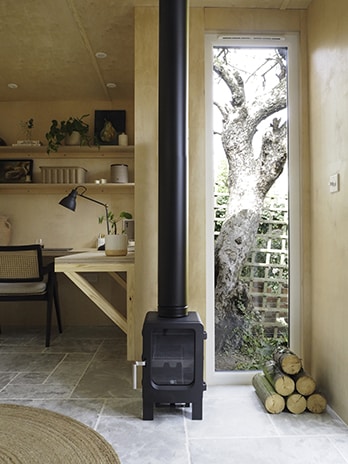Simon Marshall, headteacher of Bancroft’s School in Woodford Green, reflects on school life during lockdown – and why a return to normality won’t be a simple process
Bancroft’s has a fascinating history – founded in 1737 on the Mile End Road as a result of the legacy of Francis Bancroft, a liveryman of the Drapers’ Company, we were a school that welcomed both fee-paying pupils and educated a proportion free of charge – something that still remains the case. We moved in the late 1880s to our current site in Woodford Wells, surrounded by Epping Forest but close to what is now the Central Line extension to Epping. We retain close links with the Drapers’ Company and with fellow Drapers’ schools, and we draw pupils from urban, suburban and rural areas – we are right on the exciting north-eastern edge of London and, as such, are an extremely diverse community.
It’s hard to say that we are particularly different from other academically-selective independent schools – I think every school like us tries its hardest to provide an exceptional all-round experience for all its pupils and to provide a wide range of opportunities for children to experience. Obviously the feel of a school is determined in part by its architecture and sense of space; we have consciously aimed to limit our numbers so we aren’t forced into a continual need to build more classrooms – instead we want to focus in the coming years on making the everyday experience of being here calmer and more enjoyable; we have exciting plans to increase the biodiversity of our site and make the most of our sylvan setting.

It’s been an intense last 15 months and it would be good to imagine that school life may at last be returning to normal; it’s important to recognise that many in our community have been significantly affected by events during this time: some have lost family members and close friends, some their jobs or businesses, and few will be unchanged from recent experiences. I think it may be some time before we fully understand the lasting impacts of the pandemic (even if, as we currently assume, normal life does indeed resume in the second half of 2021).
In terms of what we have learned from the past 15 months? None of us imagined back in mid-March 2020 that we’d be able to run a school online or that our pupils and staff could be so resilient and adaptable (and I should add in parents too – they have had to become engaged with day-to-day learning to an extent that few ever envisaged). For us, we were fortunate in the fact that Microsoft Teams seemed to work for our teachers and pupils really well (after a somewhat steep initial learning curve), and we prioritised pastoral catch-ups with tutors proactively phoning home. If the challenges of the first lock-down were technological, those of the lock-down in January this year were definitely psychological – late January wasn’t the cheeriest of times for anyone. Much as ‘lost learning’ has become a fashionable term, it is a more complex matter than the term implies. Subjects dependent upon human, social interaction, like languages, have suffered in ways that perhaps the sciences haven’t and the nature of ‘bubbles’, as well as the further restrictions on music, drama, and sport, has dramatically affected some of the key experiences that pupils would normally have. Some of the best learning in schools is peer-to-peer and between different year-groups, where younger pupils can work closely with and become inspired by the examples of older pupils, these have been severely limited over the past 15 months; it is these that will take time to rebuild when the ‘bubbles’ finally burst.

Even if it still seems peremptory to say it, we are so looking forward to more normal conditions being sustained, I hope, for an entire school year: to mixing between year-groups, to welcoming parents back onto the school site, to the orchestras and bands rehearsing together, to sports’ fixtures and DofE expeditions and so on. But as well as this, I really want our pupils to have a whole year’s uninterrupted study, to have the chance to get back into normal rhythms of learning. Whether we see a more sensible approach to public examinations will remain to be seen; will we perhaps, once this year’s results are finalised, see more foresight and planning from the Department for Education? I also think it would be a shame to lose this opportunity to re-think national assessment at 16 and to re-evaluate our national obsession with testing at all ages. We have seen how much children have missed learning directly from human interaction and how dependent we still are on the vital relationships that are built in the classroom; it would be nice to prioritise exactly this kind of interactive and dynamic learning from now on and not simply to return to teaching pupils solely to pass sets of exams.







